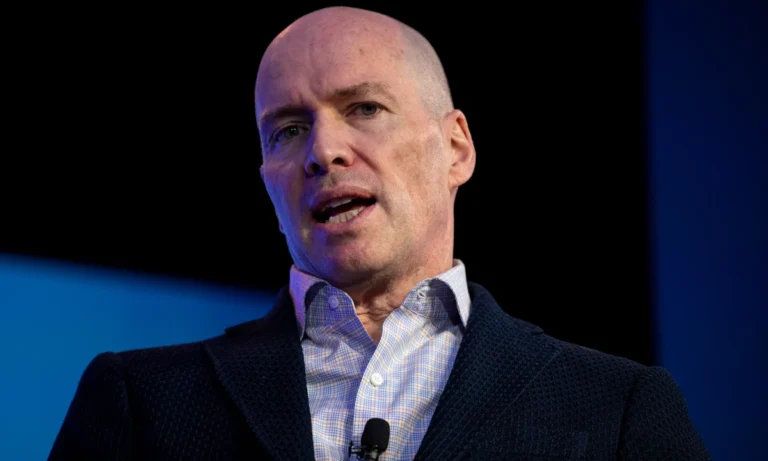In the evolving world of technology, artificial intelligence has become a powerful tool. But with its rise comes a growing concern—AI is frequently using copyrighted material without compensating the original creators. Story, a San Francisco-based blockchain start-up, has made it its mission to tackle this pressing issue. The company recently raised $80 million in Series B funding, led by the prominent venture capital firm Andreessen Horowitz, bringing its valuation to a staggering $2.25 billion.
The crux of Story’s technology lies in empowering creators to control and protect their intellectual property (IP). By storing their work on Story’s blockchain network, creators can prove they own the content and dictate the terms of how it’s used. This isn’t just a typical copyright protection method—Story integrates “smart contracts” into their system, which are automated agreements that kick in once certain conditions are met. These contracts outline licensing fees and royalty-sharing terms, making it easier for creators to be compensated without navigating complicated legal processes.
Imagine you’re an artist whose work is being used by AI companies like OpenAI or Perplexity without your consent. Your work might be analyzed, reworked, or even directly copied by AI models that require vast amounts of training data. Story steps in to offer you a solution: a way to prevent these tech giants from exploiting your creativity without fair payment.
While many tech firms dismiss accusations of IP theft as “unfounded,” Story’s CEO, SY Lee, argues that this is a growing issue AI companies must address. He emphasizes the need for high-quality human-created content to train AI models. If creators aren’t paid for their work, it could threaten the sustainability of the entire AI industry. Lee warns, “Without great human-created data, AI models won’t improve. Not compensating creators is a long-term risk to the AI ecosystem.”
Story has already partnered with brands like Balmain and Dolce & Gabbana, helping them protect their fashion designs and ensure they get paid for their intellectual property when used by AI systems. The company charges network fees for every action that takes place on its platform, creating a sustainable revenue model.
The conversation around IP theft by AI is timely. With lawsuits like The New York Times’ action against OpenAI for copyright infringement, it’s clear that this is an issue that won’t disappear any time soon. Story’s approach is groundbreaking because it aims to cut out the legal middlemen, putting control directly into the hands of creators and simplifying a complex system of rights and royalties.
Story is at the forefront of an exciting movement that could change the way creators interact with AI platforms. It’s a human-centered approach that emphasizes fairness and empowerment—key values for anyone who has seen their hard work taken without recognition or reward.
As the digital renaissance continues, with more people becoming creators, the need for Story’s solution is clearer than ever. AI tools are powerful, but without proper compensation for the creative forces they rely on, their future might be compromised.



